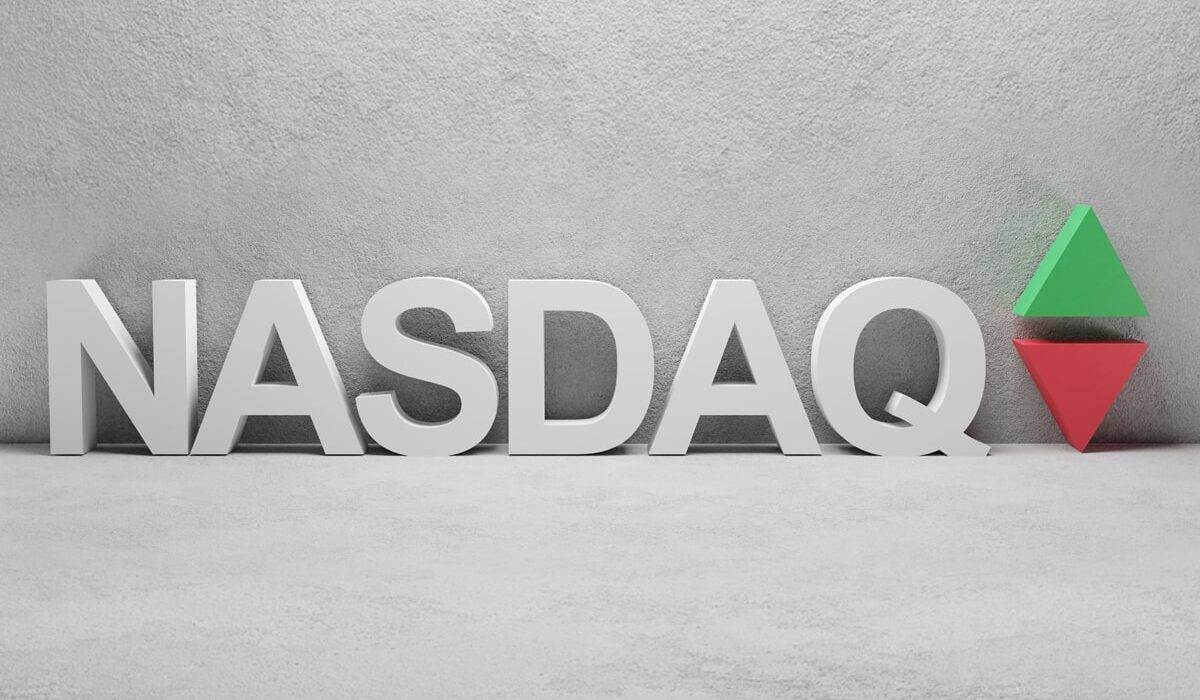The NASDAQ (National Association of Securities Dealers Automated Quotations) Stock Exchange; renowned for being a high-tech trading haven, has played a pivotal role in revolutionizing the stock market. The exchange has consistently adapted to changing technologies and regulations, helping shape the way we invest and trade today.
History
NASDAQ was established in 1971. The goal was to develop a rival to the established stock exchanges, such the New York Stock Exchange (NYSE), which conducted business on actual trading floors and in person. As the first electronic stock exchange in the world, NASDAQ offers automated, computerized trading, enabling quicker and more effective transactions.
For NASDAQ, the 1980s represented a turning moment when it started to draw technological firms. A practically unheard-of business called Apple Computer, Inc. decided to list its shares on NASDAQ in 1980. Other tech firms, including Microsoft, Oracle, and Cisco, listed on NASDAQ as a result of this event in the years that followed. The 1990s technological boom strengthened NASDAQ’s reputation as the preferred exchange for technology equities.
Transition To a Profit Exchange
NASDAQ was a division of the National Association of Securities Dealers (NASD) up until the year 2000. It started to separate from the NASD in 2000, and in 2006 it finally became a separate, for-profit corporation. NASDAQ was able to become more competitive and pursue numerous strategic goals because to this transition.
From its modest origins as the first electronic stock exchange in the world to its rise to worldwide dominance, NASDAQ has played a crucial role in the development of stock trading. With an emphasis on technology and innovation and smart acquisitions, NASDAQ has been able to adapt to and prosper in a financial environment that is always evolving. The influence of NASDAQ on how markets will develop in the future cannot be disputed.












